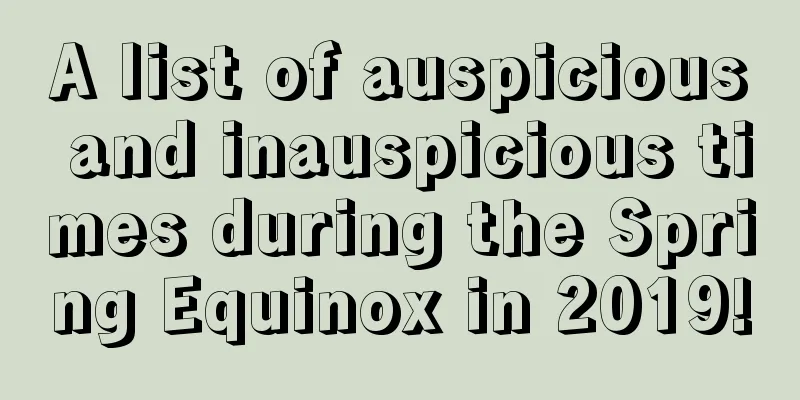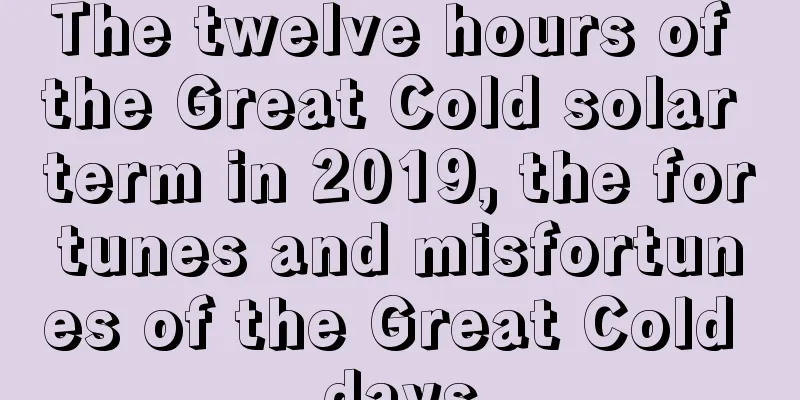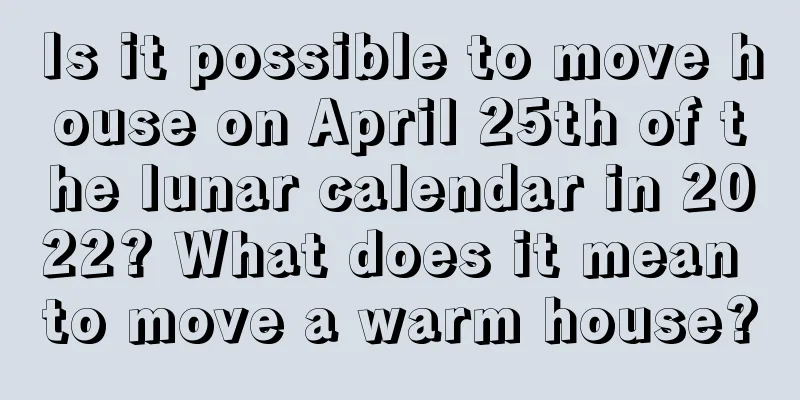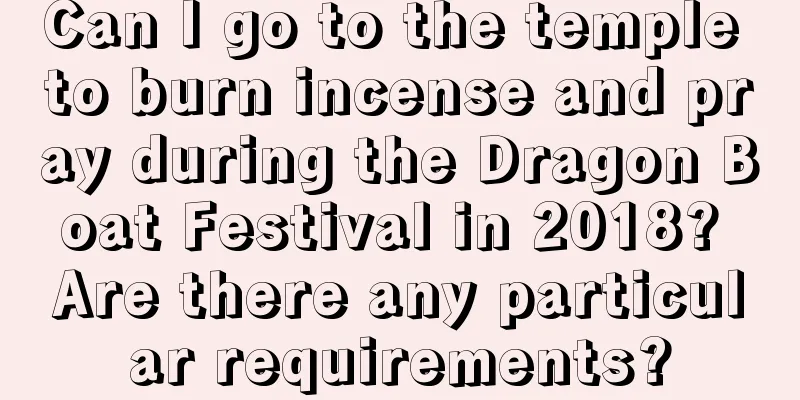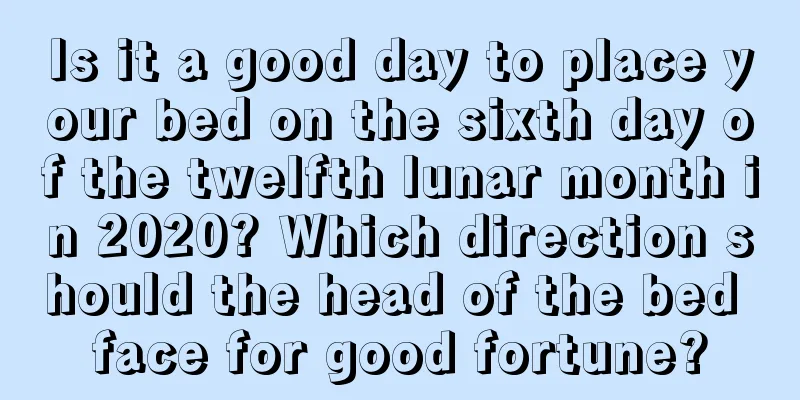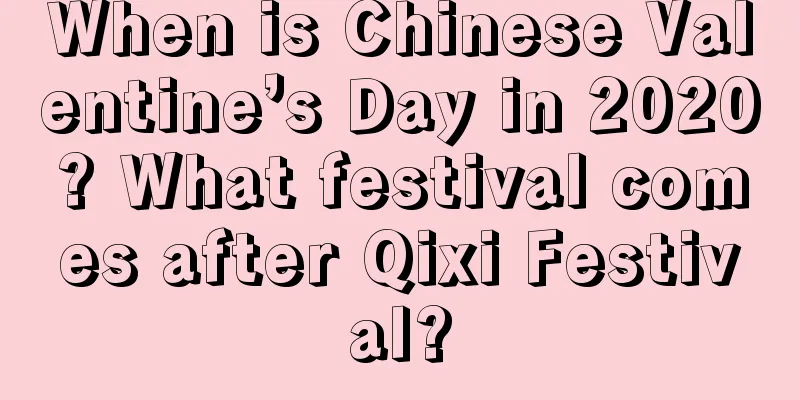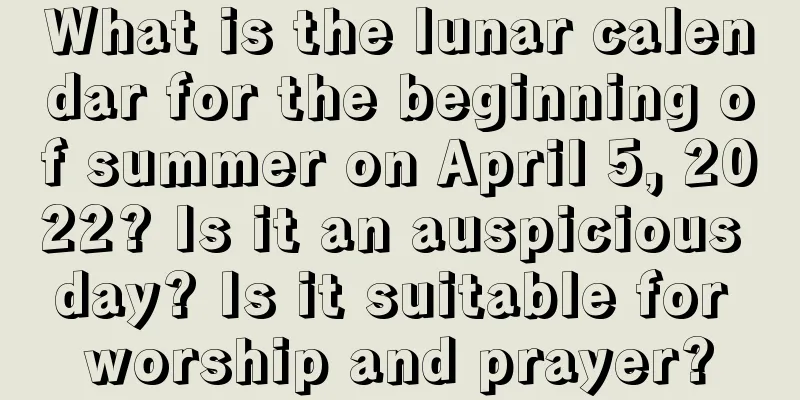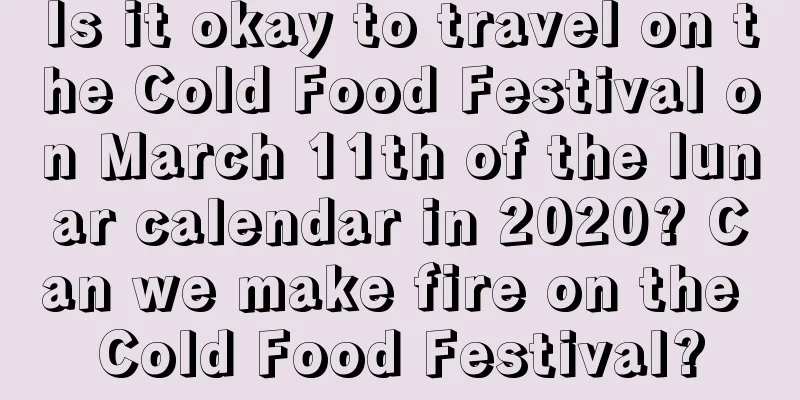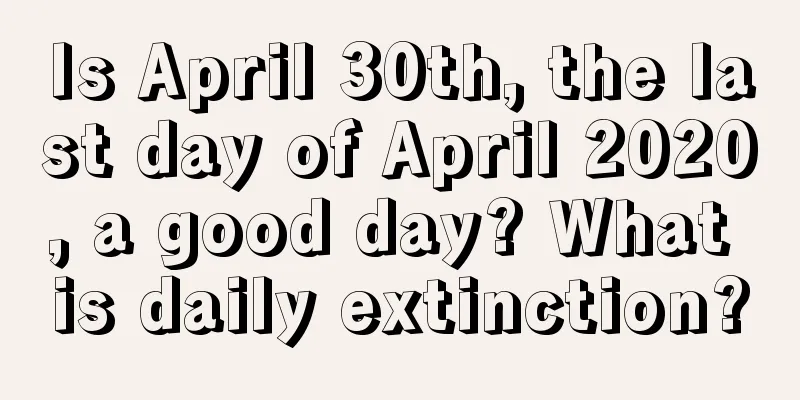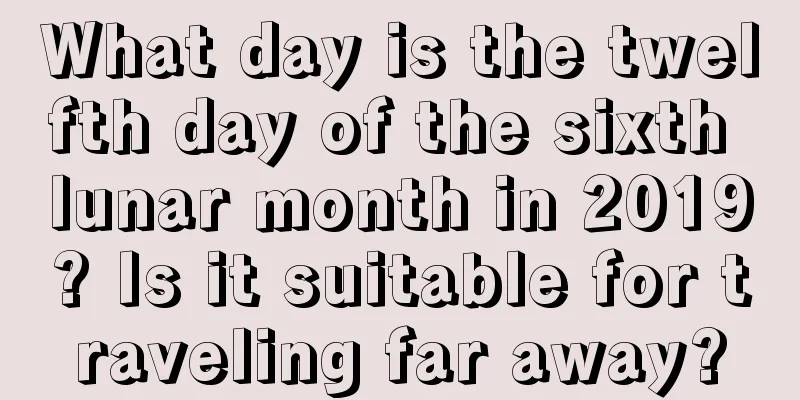What is the story behind visiting graves during the winter solstice? What are the etiquette and taboos of visiting graves?

Going to the graves is a ritual of worshiping ancestors. We know that tomb sweeping and worshipping are necessary during the Qingming Festival. What is the story behind visiting graves during the winter solstice? What are the etiquette and taboos of visiting graves? The eleventh month of the lunar calendar is approaching, and life is gradually entering a new mode. Pay attention to Shuimoxiansheng.com’s special topic for November of the lunar calendar in 2019, and we will accompany you through the cold winter.What is the story behind visiting graves during the Winter Solstice?》The historical origin of visiting graves during the winter solstice——《1》 The Winter Solstice first began in the Zhou Dynasty. It was a sacrificial activity mainly for praying to gods and ancestors for blessings and to beg for less famine and death in the coming year. After years of evolution, it has become the custom of worshiping ancestors and visiting graves. 《2》To this day, tomb sweeping is mainly popular in Chaoshan. Every year, tomb sweeping is usually done on Qingming Festival and Winter Solstice, which are called "Spring Paper" and "Winter Paper". Generally speaking, the custom of "passing spring paper" should be performed three years after a person's death, and "passing winter paper" can only be performed three years later. But most people prefer to burn "winter paper" because it often rains during the Qingming Festival and the roads are difficult to travel; while the weather is good during the Winter Solstice, making it convenient to go up the mountain for a picnic. There is also a saying in Chaoshan that "eating the winter festival dumplings will make you one year older." 》Explaining the winter solstice visit to the graves—— =It is said that the winter solstice is a small New Year, and after the small New Year, one should be one year older. =It is said that this proverb came from a criminal. In ancient times, autumn was the season for killing. All criminals sentenced to death were usually executed in autumn. If they had not been executed by the winter solstice, the execution would be postponed to the next year according to the custom. That’s why people said “another year has passed”. 》Chaoshan Winter Solstice Tomb Sweeping Customs: Chaoshan customs are part of Chaoshan culture. In the long-term life and social practice, people inherit good customs and discard bad customs. The customs of "sweeping tombs" during the winter solstice to commemorate the hard work of ancestors and "eating sweet pills" to predict a good harvest in the coming year have been passed down naturally. There are some rules and taboos for visiting graves!》Dress simply: Women do not need to put on makeup. Family members should bring incense, candles and offerings. No animals should be killed in front of the tomb. It is fashionable to offer flowers now. You can choose chrysanthemums (you can peel the petals and scatter them in front of the tombstone, because some vendors will take the flowers and sell them again as soon as you leave).》After arriving at the cemetery, first start by clearing the weeds around the cemetery. Pay special attention to whether there are any trees on the grave. If there are any trees, pull them out. Then observe whether there is any soil in front of the tomb blocking the small Mingtang, and whether the drainage ditch is blocked. 》Observe the tomb frame and tombstone to see if they have collapsed or cracked. If any abnormality is found, promptly ask a Feng Shui master to provide guidance and take remedial measures. 》Offer the offerings, light the incense and burn the paper money (be careful to prevent fire). Generally, the family members bow three times to the ancestors and then read the eulogy to express their remembrance of the deceased. 》Light firecrackers before leaving (firecrackers can also be lit at designated locations in the cemetery area, but remember to prevent fire). 》The whole family can have a meal together after tomb sweeping, with mainly vegetarian food, continuing the customs of eating wontons, dumplings, glutinous rice balls, and red bean porridge. ——Grave-visiting ceremony in rural areas: When visiting the graves of their relatives, people bring wine, food, fruits, paper money and other items to the cemetery and offer the food in front of the graves of their relatives. Then burn the paper money, add new soil to the grave, repair the grave, and break off a few green branches to insert on the grave. You also need to put some paper money on top and put bricks under it to let others know that there are descendants in this grave, and then kowtow and pay homage. Women and children would also pick some willow branches nearby and string the steamed food offerings together with the willow twigs. Some people weave willow branches into a basket shape and wear it on their heads, with the saying "If you don't wear willow branches on Qingming Festival, you will turn into a yellow dog in your next life." |
Recommend
What day is March 29th in the lunar calendar in 2020? Is it an auspicious day?
Some days are auspicious and some are inauspiciou...
Analysis of the fate of a baby girl born on the sixth day of the eleventh lunar month in 2019!
Analysis of the fate of a baby girl born on the si...
What does "The Beginning of Autumn is hotter than the Great Heat, and it feels like fire around noon" mean?
Everyone knows that the weather will still be hot ...
What day is June 24th in the lunar calendar 2017? What month and date is it?
What day is June 24th in the lunar calendar 2017?...
Is the 26th day of the seventh lunar month in 2019 a good day for traveling?
Is the 29th day of the seventh lunar month in 2019...
What are the auspicious days to start work in November of the lunar calendar in 2019? What is the meaning of knocking three hammers at the beginning of renovation work?
Introduction: Starting construction is also a very...
How is the 16th day of the third lunar month in 2021? Can I travel?
The pros and cons of traveling at different times ...
Appreciation of folk ancestral tomb feng shui stories
Introduction: When we were young, we always liked...
What can’t you do on the beginning of summer? Detailed introduction to the taboos of the Beginning of Summer
The Beginning of Summer is one of the 24 solar ter...
Where is the auspicious position of the Four Cold Gods of Wealth on the twelfth day of the lunar calendar in 2018?
Dahan is the last of the 24 solar terms in my coun...
Will the marriage and love fortunes of people born in the Year of the Dragon be very good during the Spring Festival of 2017?
Introduction: People born in the Year of the Drago...
What are the customs and traditions for the Beginning of Summer? Is the beginning of summer in 2020 a good day?
What are the customs and traditions for the Beginn...
Is the first day of the third lunar month in 2018 suitable for starting renovations? Is the date auspicious?
With the continuous development of people's li...
When is the beginning of spring in 2019? Is the beginning of spring the beginning of spring?
Many friends are asking, when is the beginning of ...
Is May 20th of the lunar calendar in 2018 an auspicious day? Is the hexagram for today good?
Introduction: In traditional Chinese culture, impo...
